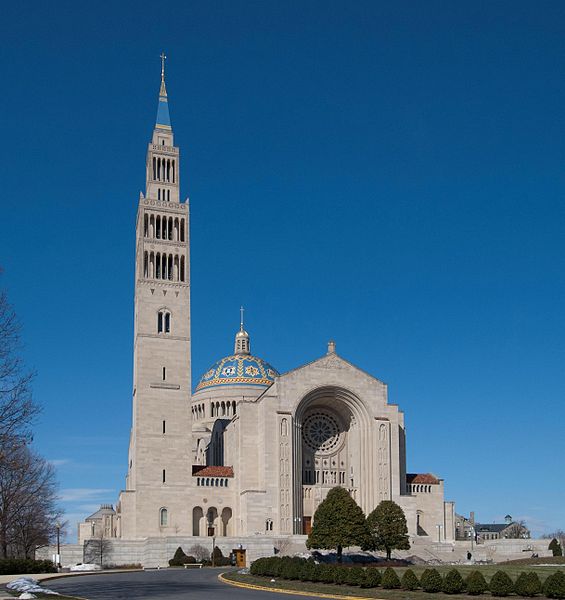
A recent study from the Pew Research Center reveals a growing trend of Americans identifying as "nones" when it comes to religion, encompassing atheists, agnostics, or those claiming to be
"nothing in particular."
The survey, part of the National Public Opinion Reference Survey conducted annually by the Pew Research Center, indicates that approximately 28% of U.S. adults are religiously unaffiliated. This makes them the second-largest religious group in the survey, following 40% of Protestants and 20% of Catholics.
The study highlights that "nones" are less likely to engage in volunteer activities or participate in elections. Out of the U.S. adults surveyed, only 17% of religious "nones" volunteered in the past year compared to 27% of religiously-affiliated adults. Additionally, 39% of "nones" voted in the 2022 election, while 51% of religiously-affiliated adults did so.
Civic engagement rates were also slightly lower among "nones," who were less likely to have contacted officials or attended a government meeting in the last year.
The survey further breaks down the beliefs within the "nones" group. Seventeen percent identify as atheist, 20% as agnostic, and 63% as "nothing in particular." While most in this group believe in God or another higher power, they are less likely to attend religious services regularly. The "nones" are not uniformly antireligious; many acknowledge that religion can have both positive and negative impacts.
Demographically, 69% of "nones" are under 50, with an almost equal split between men (51%) and women (47%). Men are more likely to identify as atheist or agnostic compared to women. Regarding race, white adults show higher rates of identifying as atheist or agnostic, whereas Black, Hispanic, or Asian respondents are more likely to identify as "nothing in particular." Atheists and agnostics within the "nones" group report higher education levels than those who claim their religion is "nothing in particular." Photo by Rabanus Flavus, Wikimedia commons.






































